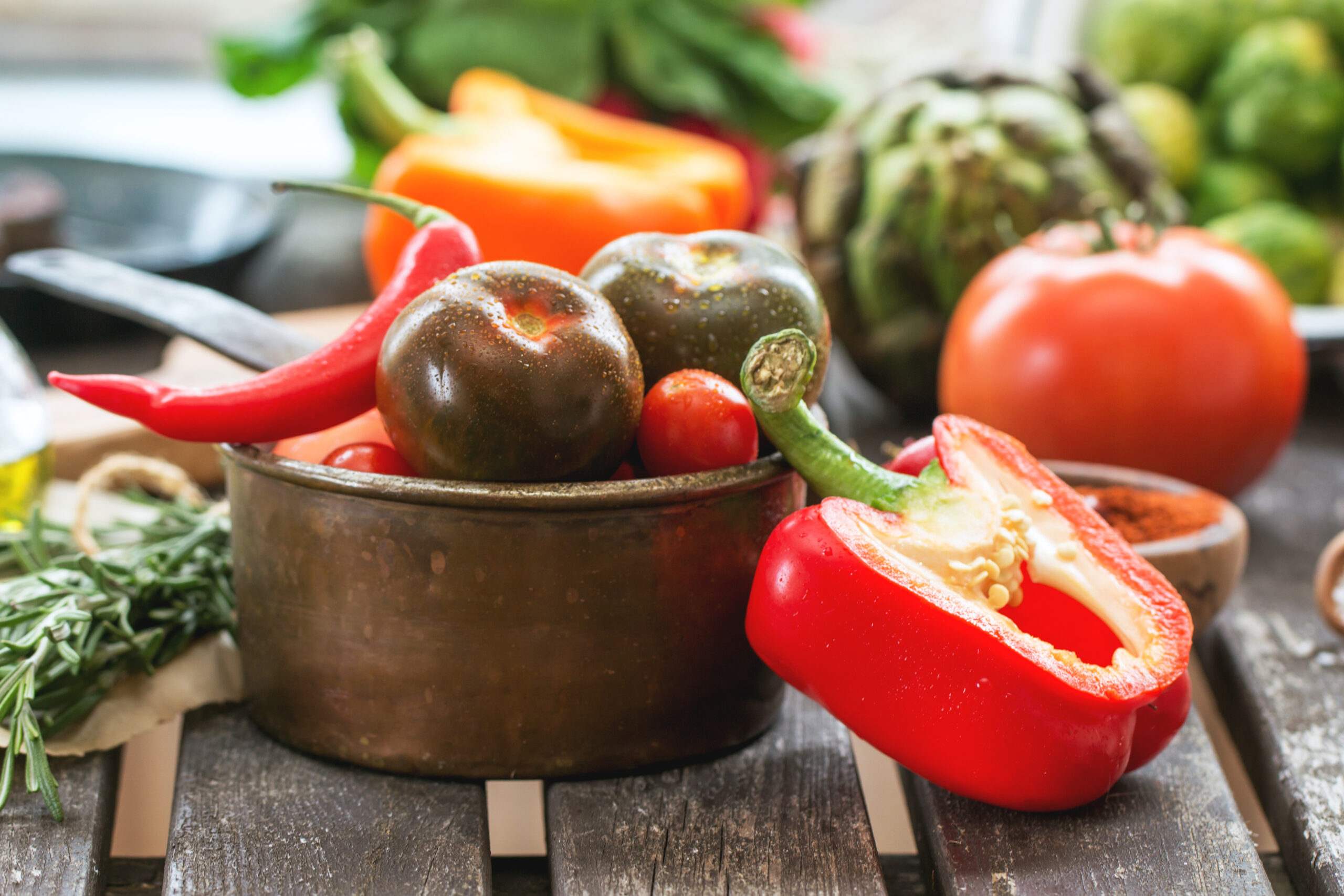Homesteading is becoming increasingly popular as people seek to live more sustainable and self-sufficient lives. One of the most rewarding aspects of homesteading is growing your own food. In this guide, we will explore everything you need to know about gardening on a small scale, from choosing the right plants to harvesting and preserving your crops.
Introduction to Homesteading
Before we dive into the specifics of gardening, let’s start with an overview of what homesteading is all about. Homesteading refers to living a lifestyle that is focused on being self-sufficient and independent. This often involves growing your own food, raising livestock, and using renewable energy sources. The goal of homesteading is to reduce your reliance on external resources and to create a more sustainable way of life.
Choosing the Right Plants for Your Garden
One of the key factors in successful gardening is selecting the right plants for your climate and soil conditions. When choosing which plants to grow, consider the following factors:
1. Climate – Choose plants that are well suited to your local climate. Consider factors such as temperature, rainfall, and sunlight when making your selections.
2. Soil Type – Different plants thrive in different types of soil. Make sure to choose plants that are compatible with your soil type.
3. Space Requirements – Depending on the size of your garden, you may want to select smaller or larger plants. Take into account how much space each plant requires and plan accordingly.
Soil Preparation and Maintenance
Once you have selected your plants, it’s time to prepare your soil. Good soil preparation is essential for healthy plant growth. Here are some tips for preparing your soil:
1. Remove Weeds – Before planting, remove any existing weeds from your garden bed.
2. Add Organic Matter – Adding organic matter such as compost or manure to your soil can improve its structure and nutrient content.
3. Tilling – If your soil is compacted, tilling can help loosen it up and make it easier for roots to grow.
4. Leveling – After tilling, level out your soil so that water can drain evenly.
Watering and Fertilizing Tips
Proper watering and fertilization are crucial for keeping your plants healthy and productive. Here are some tips for watering and fertilizing your garden:
1. Water Regularly – Make sure to water your plants regularly, but don’t overwater them. Check the moisture levels of your soil before watering.
2. Use a Fertilizer – Applying a fertilizer can provide additional nutrients that your plants need to grow. Follow the instructions on the package carefully.
3. Mulch – Using mulch around your plants can help retain moisture and regulate temperatures.
Pests and Disease Control
Unfortunately, pests and diseases can be a problem for gardeners. Here are some strategies for controlling these issues:
1. Identify Pests – Learn to identify common pests in your area so that you can take action early if necessary.
2. Natural Remedies – There are many natural remedies for controlling pests, including companion planting and using beneficial insects.
3. Chemical Treatment – If necessary, chemical treatments can also be used to control pests and disease. However, use caution and follow label directions closely.
Harvesting and Preserving Your Crops
Finally, once your crops are ready to harvest, here are some tips for getting the most out of your hard work:
1. Harvest at Peak Quality – Wait until your fruits and vegetables are ripe before picking them.
2. Store Properly – Some produce should be stored in the refrigerator while others do better in cooler temperatures. Experiment with different storage methods to find what works best for you.

3. Freeze or Can – To extend the shelf life of your fresh produce, try freezing or canning it. These techniques can help preserve your bountiful harvests for months to come.
In conclusion, growing your own food can be both rewarding and challenging. By following these guidelines, you can set yourself up for success in your gardening endeavors. Remember to stay patient, persistent, and willing to learn from your mistakes. With practice and dedication, you too can become a skilled gardener and enjoy the benefits of homegrown produce.





